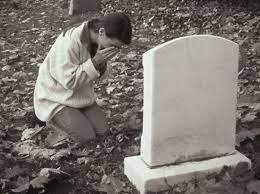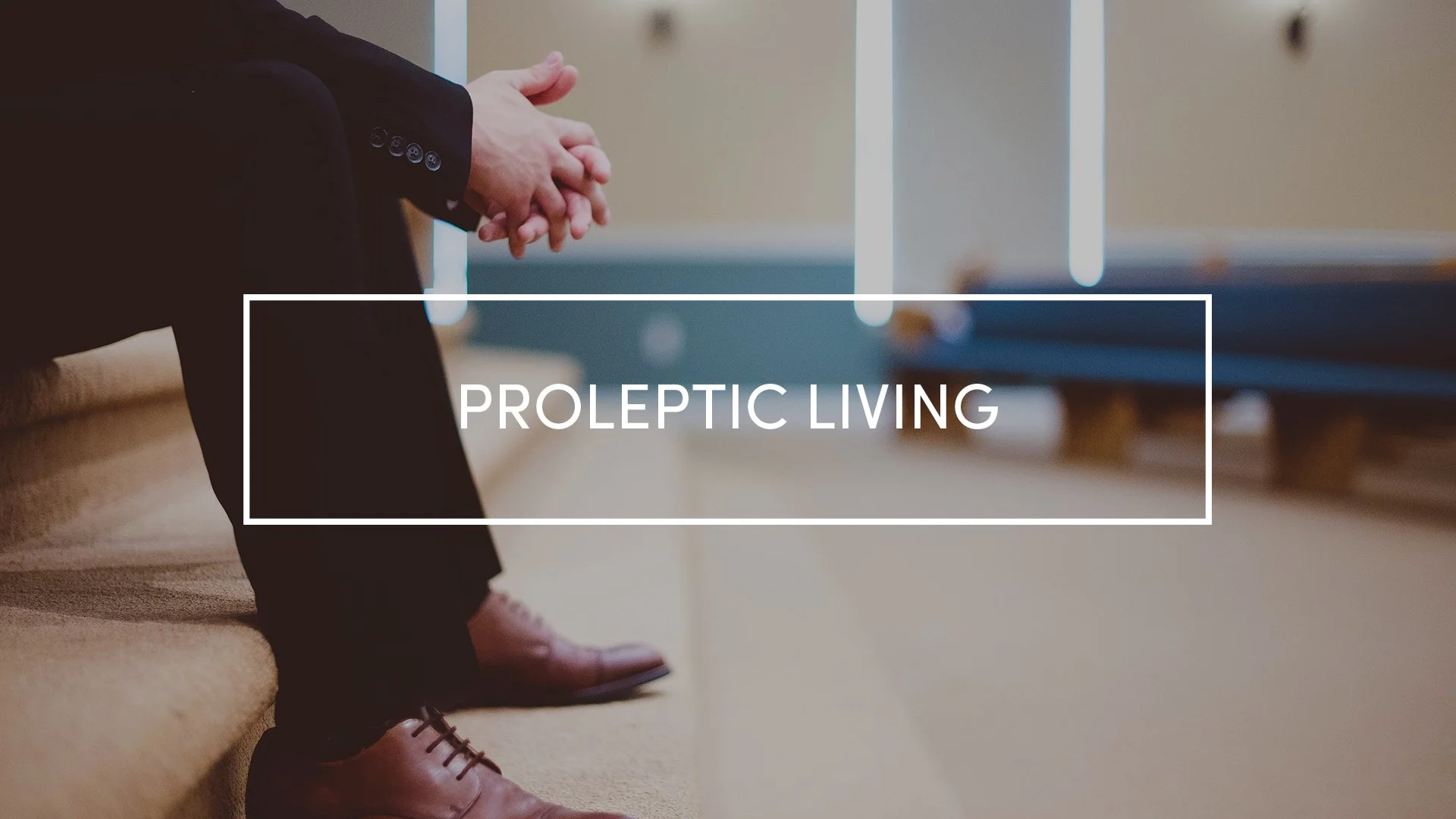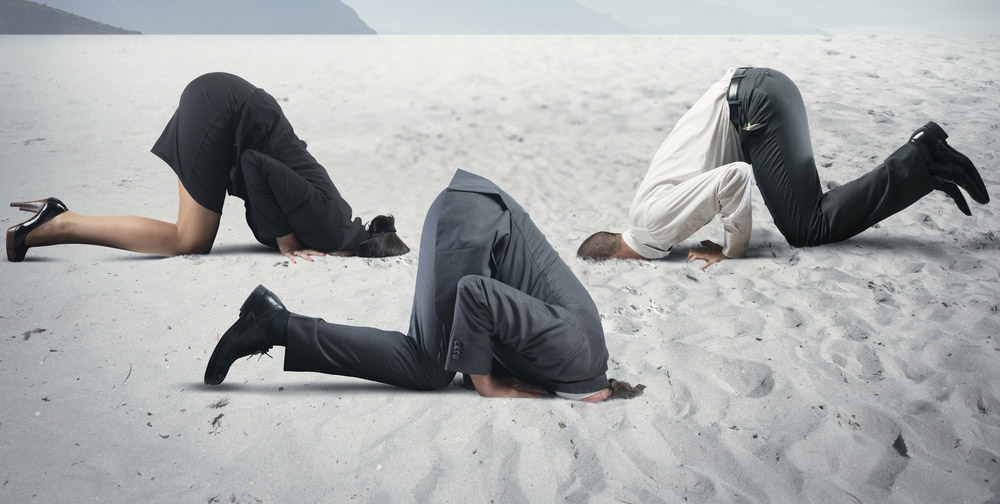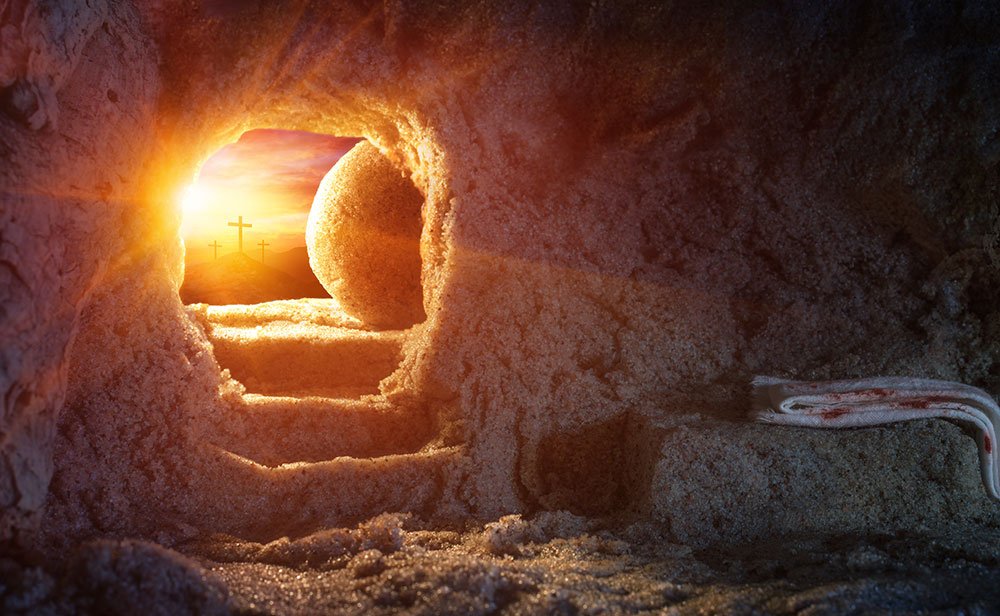Can the Church Save the World? - Part 3 of 3
The hottest summer on record is ending. Despite the efforts and promises made by countries signing onto the 2015 Paris Agreement, the latest assessment says basically, “Good effort. Not nearly enough.” A UN report now says that “climate breakdown has begun.” In other words, in terms of catastrophic outcomes from climate change, we have now crossed the proverbial Rubicon. “Extreme” weather events are no longer extreme. They are normal, and it’s going to get worse.
Given where we now are as residents of Planet Earth, the crux of this last blog of this series is to address my opening question: Can the Church Save the World? If we are talking about church bodies and global Christianity taking collective action led by church leadership, the answer is no. If they could, they would have already done it. The same for elected leaders of the world. So, my short answer to the question, Can the Church Save the World, is “highly unlikely.” Yet, the reason I do not sign off and end this final blog right here is the reality and promise I cannot abandon: With God all things are possible. Or said another way, nothing will be impossible with God.
Baptized communities are dangerous.
I do not recall who first said it: “Baptized communities are dangerous.” It’s true. Baptized communities have long changed the world, or at least part of it. When I speak of “baptized communities,” please note that I am not talking about the institutional church. I am not talking about the structures of church bodies and related hierarchies and accoutrements. Speaking specifically about the particular tribe into which I was ordained, I am not talking about synods, bishops, churchwide staffs, synodical and churchwide assemblies. I am speaking specifically about folks, folks who gather together because they have been baptized into the death and resurrection of Jesus and are called to lose their lives, abandon everything the world has told them about how to secure a rich and full life, and to find real life, life as God intended, life rich in purpose and overflowing with joy and goodness, in following Jesus. It is to you, the baptized and who consider yourselves to be followers of Jesus that I write this blog.
Reconstructing Our Minds
The late Bahamian pastor, Myles Monroe, often said this:
The most difficult project in the world is the reconstruction of the human mind.
There are some understandings of what it means to “be church” that have been so disastrous for the planet and life that we must unlearn and relearn in new ways. The New Testament tells us that the ministry of John the Baptist who was sent to prepare the way for the coming of Jesus on the scene preached about repentance. The first words of Jesus call us to “repent.” To repent is not to beat ourselves up and wallow in our mistakes. It literally means to change one’s mind, a reconstruction of the mind that then takes one in a totally different direction. Jesus was calling us to see God, God’s mission, and the world differently and live accordingly.
From Sin to Suffering
Perhaps the most troubling aspect of the evolution of the church is how it became totally focused on human sin as if God’s ultimate concern is sin. This focus on sin is how Christianity became a competitive religion among many with a mission to “save people” from the dire and sure eternal consequences of their sin. It gave rise to Jesus’ death on the cross being proclaimed as an act of substitutionary atonement in that Jesus took the punishment we all deserve. We can “be saved” if we confess our sin, accept Jesus as the price paid for our sin and as our personal Lord and Savior.
This dominant view of what happened at Golgotha is at the center of the rise of Christian triumphalism, as well as Christian arrogance and its sense of cosmic entitlement. It undergirds the biblically indefensible notion of “my God-given individual rights” that sanctions outsized lifestyles, massive consumerism, as well as the military industrial complex that has been destroying our planet. Once saved from eternal damnation one can really do whatever one wants because, after all, “I am saved.” This is so far off from God’s mission in the person of Jesus and the biblical value of community over individualism that the only way that I have been able to expose it is in what I have written earlier and named as Malignant Christianity.
The truth is that God is concerned with human sin but only to the point of how sin causes suffering. God’s ultimate concern is that all of what God has created not be excluded from the goodness of God. From the very beginning God’s most ardent desire is that all of life flourish. The scriptures tell us that God heard the cries of his people enslaved in Egypt and became personally involved. The New Testament points to a Jesus who pronounces blessings on the poor, the meek, the hungry, the hurting, and the marginalized. The stories of Jesus expose how he chose to mingle with those who were considered sinners, unclean, or outcasts. He did not walk around the hills of Galilee trying to fix people’s sin but to address their suffering and to provide them with hope. When Jesus announces “Woes” upon those who are wealthy, he is not saying that laughter or a full belly is bad. His ire is because such things may come at the expense of others.
Folks, our outsized lifestyles and accompanying carbon footprints come at the expense of the planet and of others. To be a follower of Jesus is to be as troubled by the suffering of others as Jesus is. In the 11th chapter of the Gospel of John, we see Jesus weeping at the tomb of his friend Lazarus. Can we see Jesus not only weeping at Lazarus’ tomb but also see Jesus weeping for those whose lives are being devastated by climate change? Can we see God, the creator of all that exists, weeping over the state of our planet and the ravages of climate change and the untold suffering of billions of people whom we do not know and have never seen?
If the church, that is, followers of Jesus, have a shot at saving the world from the abyss of climate change, it must start with our own weeping. Can we weep for those for whom God weeps? Can we be so moved and so repentant about our own culpability in the suffering of others that we reinvent our own lifestyles and carbon footprint?
From Charity to Solidarity
If you are like me, you receive many mailings, sometimes several a day, asking for a contribution to this charity or that charity whose focus is on the environment, or children displaced by climate change, or other worthy causes. To be followers of Jesus is not just to be charitable per se but to be in solidarity with those who suffer. Charity keeps us at length from the recipients of our goodwill. Solidarity unites us. We stand in solidarity with a suffering planet first through the transformation of our own lifestyles and carbon footprints.
If you look at the history of the world you will know that no significant transformational movement was ever initiated and accomplished by top-down efforts. Significant movements that positively altered history and changed lives began and happened at the grassroots. They happened because someone or some group found themselves in solidarity with the suffering. And those in power or who have the most to lose will always be against anything to disrupt their status quo. Recall that King Herod, who heard from the magi about the birth of the messiah did not go throw a party in celebration but rather sent soldiers to find him and kill him (Matthew 2). We are naïve if we expect politicians, fossil fuel enterprises, or even church hierarchy to actually lead the charge of mitigating against climate change.
Jesus and Our Call
God sent Jesus into the world because God is in solidarity with us. We call Jesus, “Emmanuel,” God-with-us. What happened on Golgotha was not some kind of religious deal but rather the ultimate depths to which Jesus would go to stand with us in all of our suffering as a planet and as God’s children. Golgotha tells us that there is no place so desperate, no station so devoid of hope, and no situation so dire that God has not already, in Jesus, entered into and on Easter risen beyond it. In the cross and the empty tomb, God has already overcome everything that would crush us, fragment us, cheapen us, or destroy us. God rolled the stone away and raised Jesus from the dead as the first fruits of the promise that love and life win.
Because love and life do win, we live proleptically. That is, we live in the midst of the climate crisis and voices of doom while clinging to an already secure outcome of love and life. We cling by joining in and working for what the world cannot see or dream or even hope but with the vision that love and life for all will win.
As the baptized, claimed in baptismal waters and sent with a promise, we are called to participate in the impossible, to so love what God loves, to so weep with what God weeps over, and to be so moved to action that we will imitate Jesus in how we order our lives and love the world that Jesus loves.
A Prototype of Faithfulness that Saves the Word
On Ridley Circle in Decatur, Georgia lives a remarkable woman who, with her husband, has traveled the world, lived-in far-off places, and seen unspeakable suffering. She lives in a small, downsized house with a small but beautiful yard, which is her joy and refuge. Always aware of her carbon footprint, she embodies the motto, “Think globally and act locally.” She refuses to use pesticides and herbicides in her haven. She would rather spend each day on her knees in the dirt, weeding with her hands. Her lawnmower, edger, and trimmer are all battery powered. She waters her garden with water collected in a rain barrel connected to a downspout. She has a huge compost pile that she tends. Her yard holds native plants and pollinator species that attract bees and butterflies. She also has her own vegetable and herb garden. She recycles everything recyclable, sorting and storing materials and periodically hauling them to a recycling center. Plastics are forbidden in her home, and she has reusable bags for grocery shopping. If you walk by her house, you might just see the washed laundry hanging on a makeshift clothesline strung above their back deck. Using a clothes dryer is rare. She and her partner’s preferred mode of transportation is to walk - to the pharmacy, local stores, the post office, and local restaurants. They have only one car, and it is electric. As she works in the yard or walks the neighborhood, she often wears a t-shirt that says, “Choose the Common Good.”
Behind the simplicity by which she lives and the love with which she tends her garden yard is a deep love for God and all of what God loves. Her love for the earth and for all of life is contagious. I know this remarkable lady well. I am her lucky husband, and in all practical matters of conservation, she is my guide and my inspiration.
When I imagine what it looks like for the church to save the world, I do not envision great fanfare. I rather imagine a grassroot movement that evolves into a large enough critical mass of disciples around the world who have chosen to live their lives like Harriet for the sake of the whole world.
I Beg You
Folks, this is not complicated. We know what we need to do and how we should live for the sake of the world. Using words from the 4th chapter of Ephesians, “I beg you to lead a life worthy of the calling to which you have been called.”
In the abiding hope of the empty tomb,






















